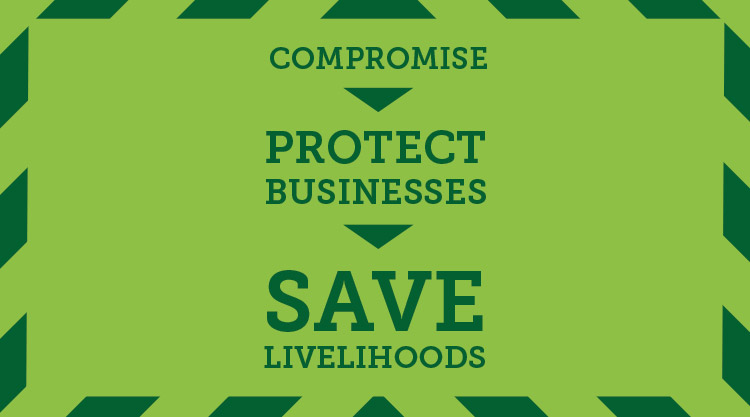The ASSC welcomes the opportunity to provide evidence to the Scottish Parliament’s Local Government, Housing and Planning Committee to help inform their scrutiny of the Scottish Government’s short-term let licensing regulations. This elaborates on the oral evidence we provided to the Committee on 7th December 2021.
Self-catering is hugely important to Scottish tourism in terms of jobs, revenue, and the world-class experiences we’re able to offer our guests. To be such an essential part of Scotland’s tourism mix is even more remarkable for our sector, which generates £867m per annum when we consider that most self-caterers operate small or micro businesses. Scotland’s professional self-caterers are diligent, conscientious, and considerate business people who are too often unfairly maligned. We do not, for example, ‘hollow out communities’, as some have claimed, but rather are part of local communities across Scotland and have been for many, many years.
The ASSC is not averse to regulation; but we do challenge policies which will damage the livelihoods of our members and Scotland’s vital tourism industry. Overall, we want to ensure a balanced and proportionate approach for business, tourism and local communities and get a regulatory framework in place that works for all. It must also be remembered that professional operators are already regulated so the mandatory conditions are essentially duplication and therefore unnecessary.
Any regulations pursued need to be underpinned by robust empirical data. Unfortunately, there has been a tendency to focus on so-called ‘scraped data’ from Airbnb which can lead to misleading conclusions about the nature of the short-term letting landscape in Scotland.
Overall, this one-size fits all, onerous and disproportionate licensing system will damage Scottish tourism and discriminates against small and micro businesses like self-catering and B&Bs, especially in rural and remote areas, and comes at the worst possible time for industry when Covid-19 remains an ongoing issue and when the sector is still in recovery mode.
Committee Evidence December 2021
